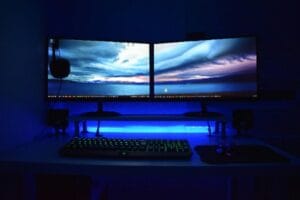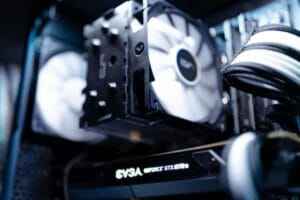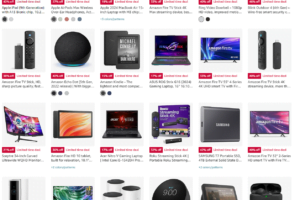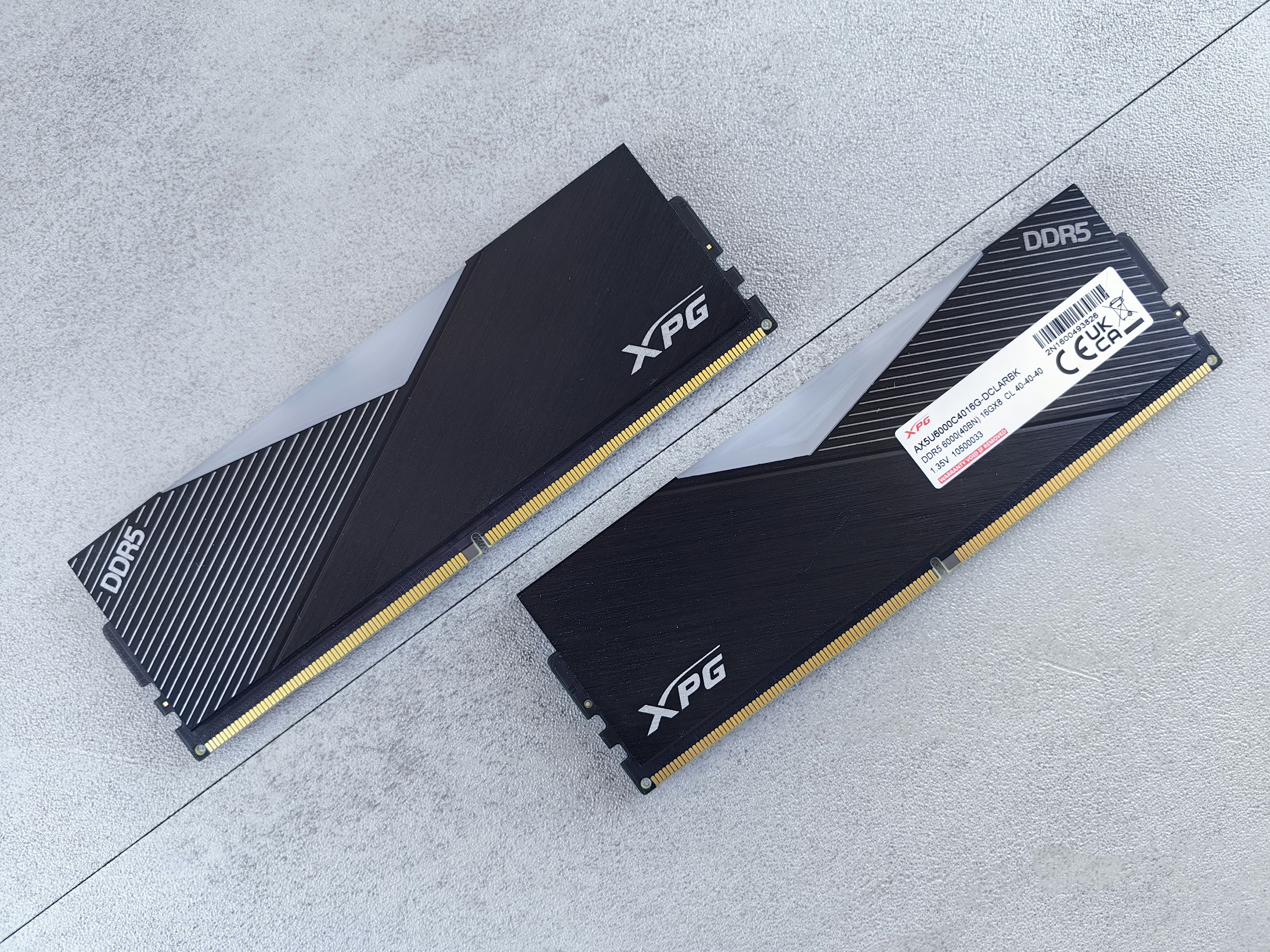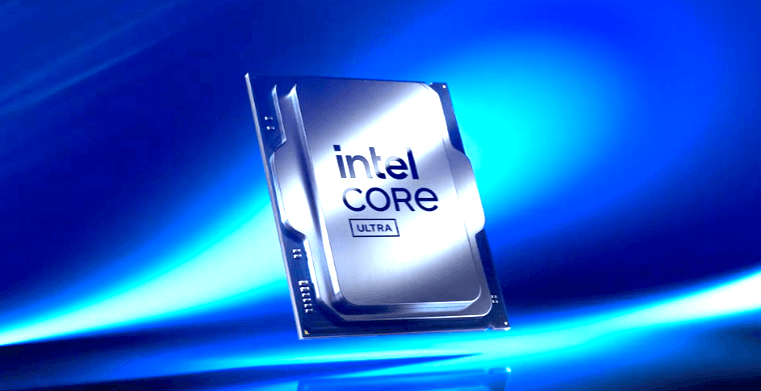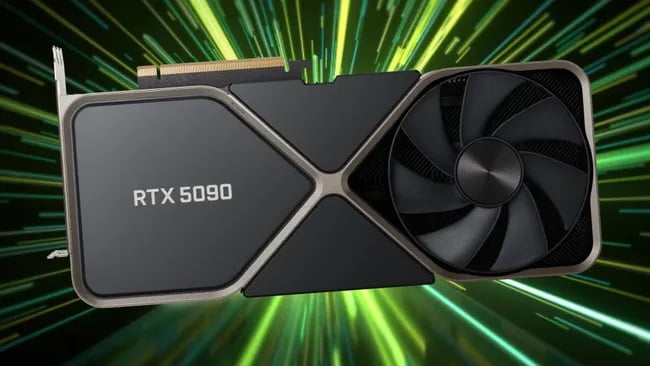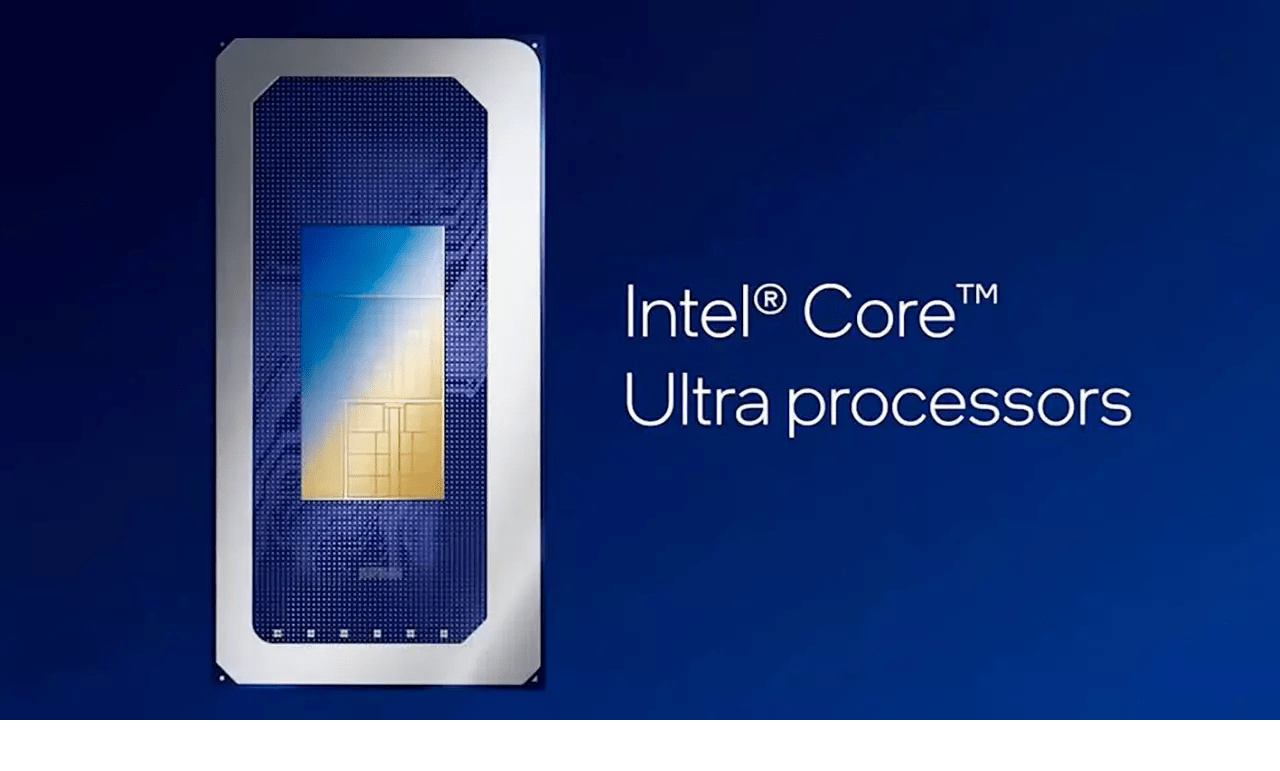Introduction to Mini PCs
Growing technology in this fast-moving modern world, Mini PCs covered much ground by offering high performance, efficiency, and portability. These small gadgets—sometimes barely larger than a book—contain in them the power of full-size desktops in extremely small form factors. Whether a student, professional, or casual user, there is something in store for all within these Mini PCs. Now, in this post, we are going to investigate the features of mini PCs, their pros and cons, and what has actually worked in their favor to gain popularity. Let’s take a look at some of the best-selling mini PCs available in the market today.
What is a Mini PC?
The name should say it all: it is a small version of a standard PC, normally used on desktops. Though small in size, mini-PCs can do so much work: from surfing the internet to office software applications, including video editing or even gaming. Most of these devices usually have multiple ports supporting USB, HDMI, and Ethernet.
Mini PC Features
1. Compact Size:
Probably, the most obvious characteristic or feature of any mini PC would be its small size. A typical Mini PC should be small enough to sit in the palm; hence, making them quite ideal for users with less desk space or anyone looking for a mobile computing solution.
2. Low Power Consumption:
Low power consumption: It uses very minimal power compared to the standard computers; hence, the mini PCs are efficient in energy use. This makes them quite useful to people who are more concerned with saving energy or looking for a device that will run continuously without adding much to the electricity bill.
3. Versatile Performance:
Though small in size, Mini PCs can pack in quite a punch. Many of them are fitted with some quite powerful processors from Intel Core or AMD Ryzen, really packing a punch found in a regular full-size desktop computer. One can do everything from generic office work to tasks more intensive like gaming or graphic designing.
4. Connectivity Options:
Equipped with several USB-C, HDMI, and DisplayPort ports, mini PCs offer users the possibility of the highest number of monitors and peripherals. Many units also come fitted with onboard Wi-Fi and Bluetooth to enable their users to be able to work via wireless connectivity.
5. Quiet Operation:
Many of them even do not make any noise because most of the models are fanless. The passive cooling done in them helps in keeping the temperature of the system cool. Hence, they become very appropriate for places where noise is a big problem like in your home office or even your bedroom.
Advantages of Mini PCs
1. Portability:
They are so portable that they just fit the user’s bill when it comes to moving frequently one’s workstation. Slip them easily into a backpack or briefcase, and you can carry this computing power wherever you go.
2. Space-Saving:
As such, mini PCs can be of great help in saving desk space for users. They can be easily mounted behind any monitor or simply put in a corner to give valuable workspace.
3. Energy Efficiency:
Mini PCs consume less power than traditional desktops, hence eco-friendly and cheaper to run. Much more so if you need to have the device running throughout continuously, say in a home server or media center.
4. Customizability:
Many of these mini PCs do make provisions for upgrading their components in respect to RAM and storage, whereby they are tailor-made according to usage. This shall be great flexibility in use within a device that shall grow in their computing needs.
5. Cost-Effective:
Although high-end models can be pretty expensive, most Mini PCs do come very cheap and really offer great value for the money spent. Mostly, they turn out to be more economical as compared to traditional desktops or laptops with the same specs; thus, they prove very attractive to the budget segment.
Cons of Mini PCs
1. Limited Upgradeability:
Although some mini PCs can be upgraded, their really very small form factor cannot sometimes allow the device to be highly customizable. For example, how to change the graphics card without destroying the compact nature of its design or adding storage devices to it.
2. Performance Limitations:
Though small PCs are very powerful, there are still some performance shortfalls compared with high-end computers at desktop levels, especially where challenging operations are involved, like video editing or gaming. Those who want very top-level system performance will find opting for a bulkier but potent desktop necessary.
3. Cooling Challenges:
The biggest challenge that faces Mini PCs is cooling. The compact design squeezed into some of the units, mainly those units driven by powerful processors, may be a problem in terms of cooling. Given that most of the Mini PCs are fanless and dependent on passive cooling, this could result in higher temperatures at work and, therefore, may affect performance in the long run.
4. Fewer Choices of Options for Expansion:
One major drawback of mini PCs is that they usually have fewer expansion slots and fewer ports compared with traditional desktops, making it hard to add other peripherals or additional internal components. Therefore, this limits the number of devices used by those who want high-connectivity-demanding applications.
What Makes Mini PCs so Welcome?
Over the past two years, Mini PCs have been growing in popularity. Several key factors have influenced this situation:
1. Remote Work and Education:
The boom in remote work and online education has created demand for compact and easily movable computing solutions. From the point of view of performance and mobility, it would be an ideal balance in one device that’s supposed to be perfect for students and professionals seeking a reliable tool for their home office or study space.
2. Home Entertainment:
Another common application for mini PCs is as a media center. Stream movies, game a bit, or simply surf the internet—all from your couch. In view of their compact nature and ability to work quietly, they easily fit into any home entertainment system.
3. Versatility:
These mini PCs are versatile gadgets which do everything from running heavy work down to playing games. Be it at work or for entertainment, the required performance runs on a miniature gadget.
4. Cost-Effectiveness:
There is great value in mini PCs to everyone seeking an effective, easy, and cost-effective computing solution. Most of the time, they bear a more pocketable price tag compared to traditional desktops and laptops, hence beckoning many more cost-conscious buyers.
5. Better Technology:
Improvements in processor technology have enabled more power to be placed in small devices, which gave way to developing mini PCs that work at par with full-sized desktops, hence making them quite feasible for many users.
Best Selling Mini PCs Available in the Market
Here listed are some of the best-selling mini PCs available in the current market:
1. Intel NUC 11:
Price: $450 – $700
The Intel NUC 11 has received extreme favor from those seeking compelling, very small computing solutions. It is fitted with an 11th Gen Intel processor for outstanding work and playing performance.
- 【Upgraded】 Seal is opened for Hardware/Software upgrade only to enhance performance. No Display ; Wi-Fi 6 AX201 Wifi, Bl…
- 【Powerful Performance with Intel Core i7-1165G7 Quad Core】 11th Gen Intel Core i7-1165G7 2.80GHz Processor (upto 4.7 GHz…
- 【High Speed and Multitasking】 16GB DDR4 SODIMM; 120W Power Supply; Black Color, .
2. Apple Mac Mini (M1, 2020):
Price: $699 – $1,099
Another chosen favorite among Apple enthusiasts would have to be the Mac Mini, featuring the power of the M1 chip in jaw-droppingly small and slim construction—making it perfect to look for something dependable to throw in some serious creative work concerning graphic design or video editing.
- Apple-designed M1 chip for a giant leap in CPU, GPU, and machine learning performance
- 8-core CPU packs up to 3x faster performance to fly through workflows quicker than ever*
- 8-core GPU with up to 6x faster graphics for graphics-intensive apps and games*
3. ASUS PN50:
Price: $300 – $600
The ASUS PN50 will be the budget offering and hence doesn’t skimp on performance either. Powered by AMD Ryzen processors, it is a great choice for any person desiring flexibility to handle all digital tasks.
- No Memory, No HDD, No OS
- 批rocessor:AMD Renoir FP6, R7-4700U
- Chipset: AMD Platform
4. HP Elite Slice:
Price: $600 – $1,200
HP Elite Slice—This is a slim, modular Mini PC that is absolutely perfect in terms of performance for any business user. It’s designed for use in conference rooms and offices, so it has built-in speakers and a mic array.
- Processor: Intel Core i5-13500T (24M Cache, up to 4.60 GHz)
- Hard Drive: 256GB SSD M.2 NVMe | RAM: 16GB DDR4-3200 | Wireless: Intel Wi-Fi 6 + Bluetooth 5.1
- OS: Windows 11 Pro 64-Bit | Graphics: Intel UHD Graphics 770 | Supports up to 3 Monitors via 2x DisplayPort and 1x HDMI …
5. Beelink GTI 11:
Price: $499 – $799
Beelink GTI 11: very powerful mini PC with great balance in performance and price—supported by the latest Intel 11th-generation processor and plentiful various ports, which makes it versatile in all respects when working and engaging in leisure activities.
- 🎈【High Performance Processor】This Beelink EQR5 Mini PC comes with AMD Ryzen 5 5500U Processor, it has 6 cores and 12 thr…
- 🎈【Super Cooling & Hide Power】Beelink Ryzen mini pc 5500U uses a copper tube + fan cooling combination with high specific…
- 🎈【Rich Interface & Dual Display】 Mini computers Beelink EQR5 is equipped with a variety of practical interfaces to meet …
Conclusion: Are Mini PCs Worth It?
That is because Mini PCs are balanced both in terms of portability, performance, and energy efficiency—features that make them choice products among many users. Well, whether it is just a space-saving device for your home office or something that doubles up as a media center and powerful workstation for creative work in the living room, there will be a mini PC to your satisfaction.
That said, it is still worth considering the needs before making the purchase. Sure, Mini-PCs do come in powerful and versatile shapes, but they never are going to outrun any serious desktop regarding performance—particularly in areas which usually call for above-average boosts in processing power. Besides, extremely minimal upgradeability and expansion possibility might be off-putting for some.
Ultimately, when compact computing and power efficiency are required, this mini PC really does come in handy at great value. From very cheap to high-end models, there is a mini PC for every pocket.

